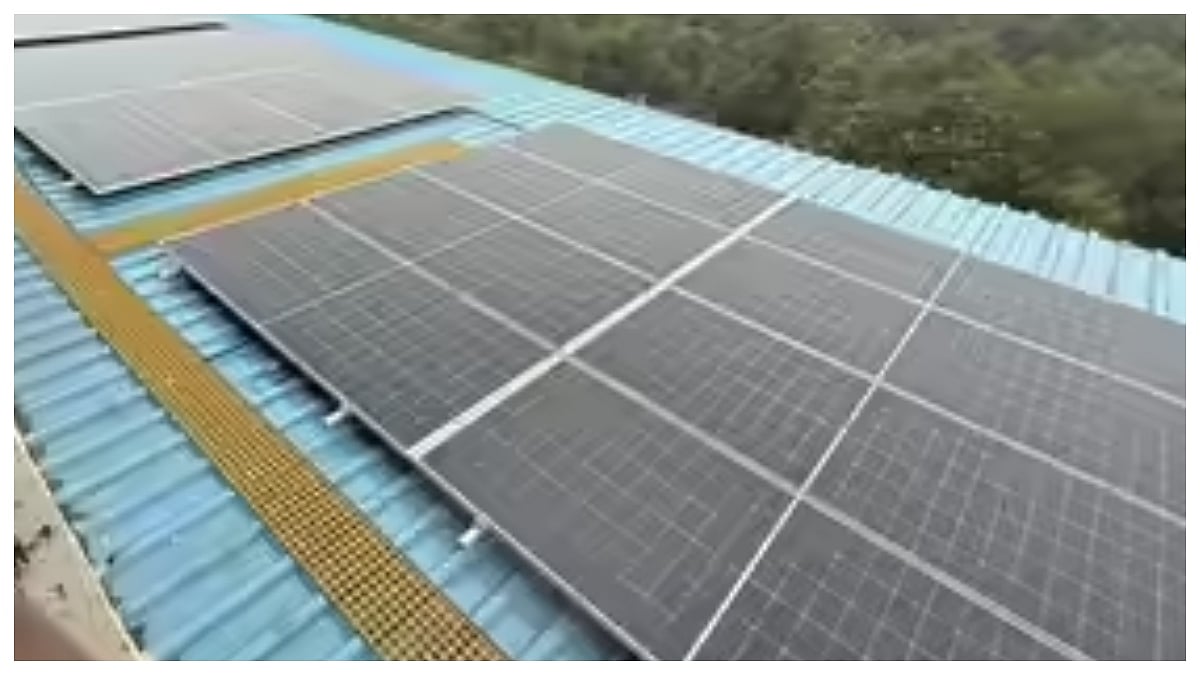**Maharashtra Government Launches Major Rooftop Solar Subsidy Scheme for Low-Income Households**
Mumbai: In a significant move to promote clean energy and reduce electricity costs for disadvantaged families, the Maharashtra government has introduced the Swayampurna Maharashtra Residential Roof Top (SMART) Solar Scheme. This ambitious initiative aims to provide a substantial subsidy of 90 to 95 percent for eligible consumers to install rooftop solar panels, helping them cut their power bills to nearly zero by harnessing solar energy.
### Who Will Benefit from the Scheme?
The SMART Solar Scheme primarily targets Below Poverty Line (BPL), Scheduled Caste (SC), and Scheduled Tribe (ST) households that consume less than 100 units of electricity per month. Under this program, these families will pay only a small fraction of the installation cost, with the central and state governments covering the rest.
For instance, the cost of a 1KW solar system is approximately Rs 50,000. Here’s how the subsidy breaks down:
– **BPL Households:** Central government subsidy of Rs 30,000 + State government subsidy of Rs 17,500, with the consumer paying just Rs 2,500.
– **SC/ST Households:** Total subsidy of Rs 45,000, leaving the consumer responsible for Rs 5,000.
– **Other Low-Usage Consumers (below 100 units, not BPL/SC/ST):** Subsidy of Rs 40,000, with a consumer contribution of Rs 10,000.
### Budget and Implementation Plans
The Maharashtra government has allocated Rs 330 crore for the financial year 2025–26 and Rs 325 crore for 2026–27 to support this scheme. Implementation will be handled by the Maharashtra State Electricity Distribution Company Limited (MSEDCL), funded through the state budget.
Officials expect the scheme to benefit at least 5 lakh families, including approximately 1.5 lakh BPL users and 3.5 lakh other low-usage households. After installation, the solar system supplier will manage maintenance for a period of five years, ensuring hassle-free operation for beneficiaries.
### Priority for Remote and Needy Areas
Special emphasis will be placed on remote and tribal regions such as Melghat, Nandurbar, and Gadchiroli, where affordable electricity access remains a challenge. The government hopes that by promoting rooftop solar power in these areas, not only will families receive inexpensive and reliable electricity, but they may also generate additional income by selling surplus solar energy back to the grid.
This initiative marks a critical step toward sustainable energy adoption and economic upliftment for some of Maharashtra’s most vulnerable communities.
https://www.freepressjournal.in/business/maharashtra-rolls-out-rooftop-solar-scheme-for-low-users-9095-subsidy-to-help-slash-electricity-bills-to-zero
